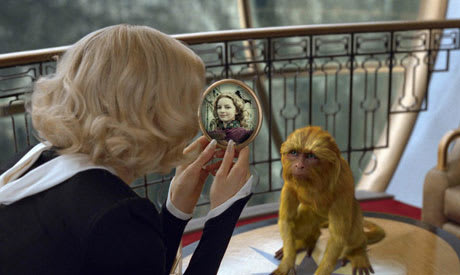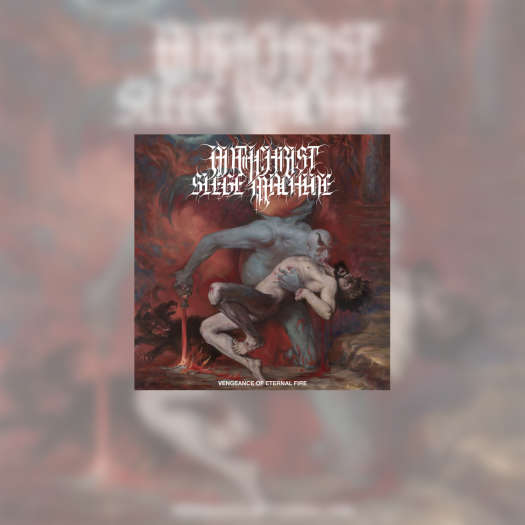Its difficult to determine why The Golden Compass is so unsatisfying. Much like the first entry of the Chronicles of Narnia franchise, the production values are lavish, the performances solid and the source material rich with vivid otherworldly adventure, but somehow the whole experience is curiously innocuous. The CGI work is superb, particularly in rendering the daemons and seamlessly integrating them into the world. Daemons, you see, are the externalised souls of people in author Philip Pullmans Oxford of a parallel universe. They take animal form and are capable of shape shifting as children but become locked into a static form as adults. To make these creatures look and feel believable, maintain the continuity of their presence and not break the bank cluttering the screen with critters is the films crowning achievement. Too bad as much loving care and cash werent utilised constructing a compelling narrative. Like the rest of the picture, the story seems fascinating but manages to fall flat. Newcomer Dakota Blue Richards portrays Lyra Belacqua, niece of controversial scientist Lord Asriel (Daniel Craig), who overhears a conversation concerning her uncles plan to mount an expedition to the north to study a mysterious substance called Dust. Members of a sinister religious organisation called the Magesterium loom large as controllers of public knowledge, resisting Asriels exploration and performing experiments on kidnapped children. Lyra is slowly introduced to a cast of characters who may have interesting parts to play in the series but barely have time to be properly introduced, even though the movie unfolds like one enormous prologue. A directors commentary with Weitz demonstrates his love for the story but itd have been helpful to have someone discussing more technical aspects of the filming process. Luckily for those with interest, there is a second disc full of documentaries on the films making. Features on the history of the novels conception and impact, and its adaptation to the screen are thorough. For such a bland adaptation, its surprising how much Philip Pullman was available to writer/director Weitz for counsel. Numerous production features on everything from the CGI to the costumes, music and elaborate prop design reveal just how massive the budget was and how skilled a production team were assembled. If a sequel is approved, hopefully the studio will hire a writer who wasnt also responsible for Nutty Professor 2.
The Golden Compass
Chris Weitz

BY Scott A. GrayPublished May 7, 2008



